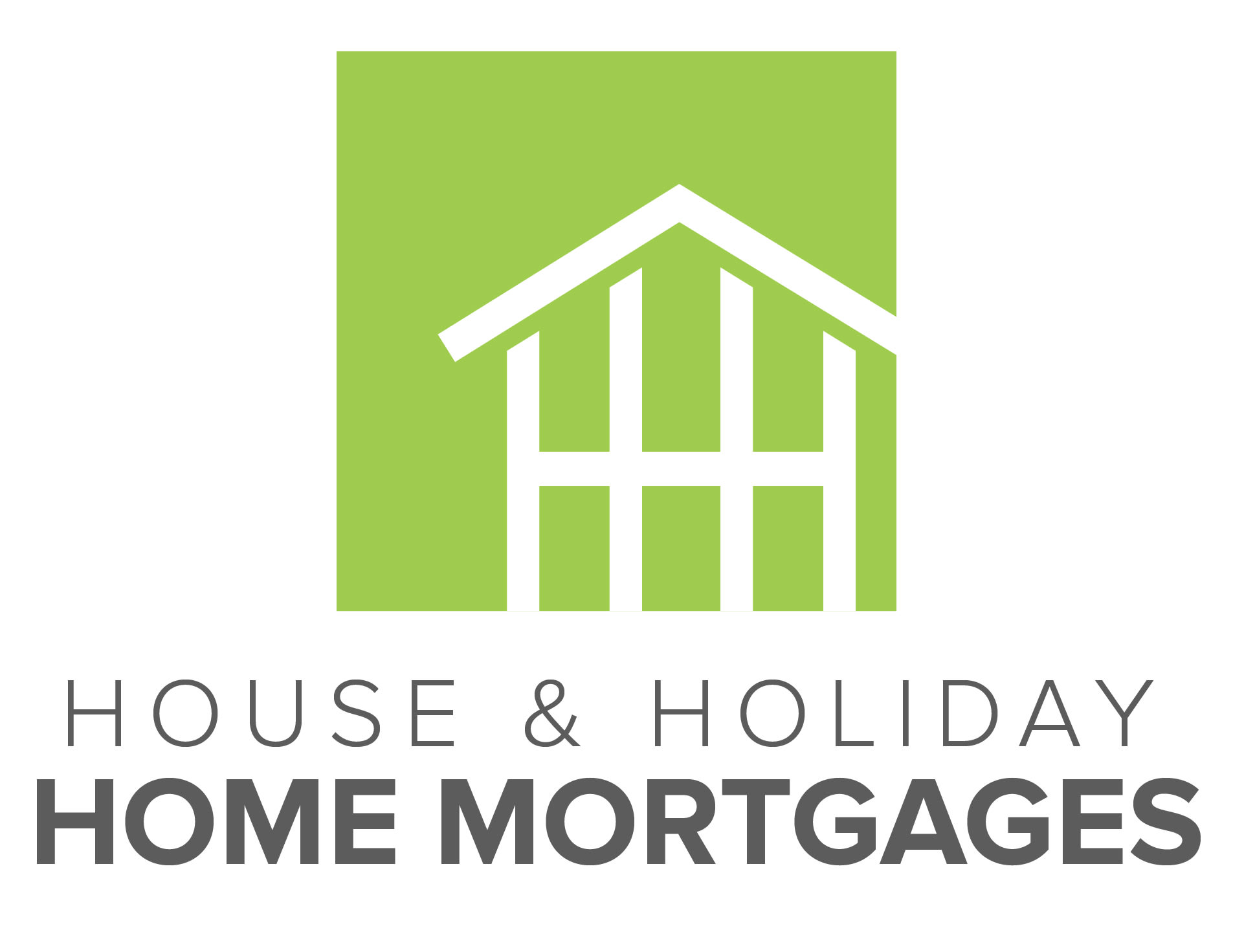Can you live permanently in a holiday home?

Many people wonder if it’s possible for them to live permanently in a holiday home, but the answer depends on the type of property and how it has been purchased.
What is a holiday home?
A holiday home is effectively a second home that is purchased primarily for your own use, or for that of close friends and family.
This differs from a holiday let, where the ultimate purpose of the property is to provide a return as an investment from holiday makers.
As a holiday home isn’t primarily an investment seeking regular rental returns, your own income, credit commitments and other existing mortgages will all play a part in ensuring you can get and afford the mortgage you need.
Fundamentally, a mortgage lender needs to be sure that you can afford to pay your existing residential mortgage as well as your second home (or holiday home) mortgage too.
Standard second or holiday home
Firstly, if you’re buying a standard property to use as a holiday home or second home (think of that 4 bedroom house down in Devon that you’ve always had your eye on) and there are no restrictions on that property, then it is up to you how you come and go. It may be that you tend to spend more of the summer in your holiday home and more of the winter in your city main residence home, for example.
The restrictions here from a mortgage lender’s point of view are more centred around how many weeks in a 12 month period you are allowed to rent your holiday home out for.
As mentioned previously, if renting out the property to holidaymakers is your primary intention then you need a holiday let mortgage, rather than a holiday home mortgage.
These second home or holiday home mortgages are what we’re experienced in helping our clients obtain.
Holiday Parks
Holiday homes on holiday parks, on the other hand, do have more restrictions.
This is when you may be purchasing a property on a holiday park, for example, think a holiday lodge on a body of lakes.
These types of properties (perhaps think more ‘mobile home sites’ or ‘static caravan’ rather than a normal building) are not to be used as a permanent residence.
A typical requirement for these types of holiday homes will be that you can provide proof of residence for where you will permanently live.
You also need to take the holiday park’s restrictions into consideration.
Many will have licensing restrictions and site licence conditions based on the planning permission they themselves obtained in order to build the properties and park in the first place.
If the local council does find that these properties are being used as a permanent residence in these scenarios, then they can take action.
One of the benefits of owning a holiday home for properties on a holiday park is that you typically won’t be liable to pay council tax on the property, although it’s always vital to check this upfront.
It is always important to understand what the local council and local authority allow in all circumstances when purchasing a holiday home of any kind.

